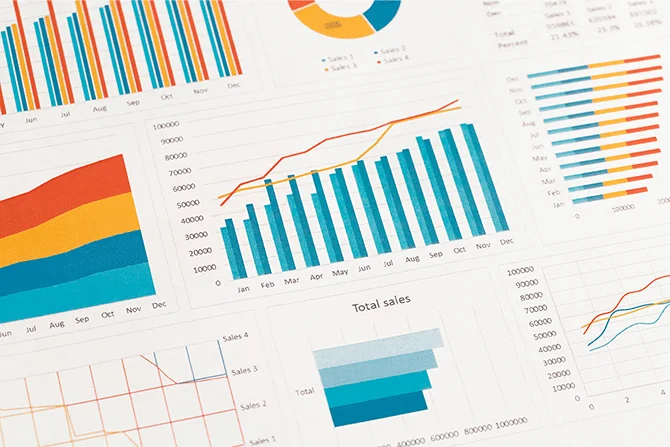We can never tell you enough: your data is a treasure! Bet on your data to change everything in 4 steps.

"Data driven companies are growing 8 times faster than GDP growth in the United States"explained Francis Morel, president of the Les Echos group. Because in the era of "Big Data", where the web and new technologies are exploding data volumes, it is more than ever before time to exploit an invaluable treasure: what your data says about you, and how they could lead you to change everything. This is an issue that these data-driven companies have understood and are directing all their strategies according to their internal and external data..
1. Cleaning up your treasure
It is impossible to build a building if the raw material is not good: it is the guaranteed collapse! The same goes for your data. Think of them as the source and basis for all the strategies you will put in place. So don't be afraid to spend time on upgrading and cleaning these data, for example by having them audited during a BI implementation. Know that data-driven companies have also built and hired skills in-house: offer training to your CIO, and build a true data governance, by setting up a Chief Data Officer.
2. We don't forget the specificities of our jobs
Calibrating your roadmap entirely according to your data is a real change management. This requires transformations in concrete practices (use of new tools and methods), but also in mentalities. However, the best way to see a data-driven project fail is to try to copy the competition or to acquire what we believe to be "the best tool" by forgetting its specific business! You must first define your strategy and needs before defining a tool. Trust your expert service provider: depending on your corporate culture, your sector, your uses, he will guide you to the right tool and adapt it to the daily life of your teams - and not the other way around!
3. We accept the change
We just talked about it: becoming a data-driven requires a change. To do this, it will be necessary to remain "humble" in the face of numbers (think a KPI more than one's own certainties), and to build new skills and know-how. The first is the ISD, which will have to adopt a more "macro" vision and a much more strategic role. Data custodian, project manager of the tools, business support and guarantor of overall performance... So many roles that it must assume. The same applies to the trades: more agile, more flexible, and above all more technophilic, they too must adopt this macro vision and adopt the tools at their disposal. The good news is that these data solutions will save them valuable time to focus on more strategy, and provide them with high-impact dashboards and KPIs.
4. We stay tuned to the outside world
The web, hot news and social networks can be perceived as "anxiety-causing". They are, however, a great potential to position your company in relation to the competition, to remain attentive to what is being done externally, or to detect a business opportunity. What we call "real time marketing": the art of monitoring, social listening and analytics. On the BI side, more and more publishers are developing solutions that can extract data from your social networks and cross-check it with your internal data. Imagine the potential for your marketing department: analyze the ROI of a campaign directly from Facebook. Tempted?




